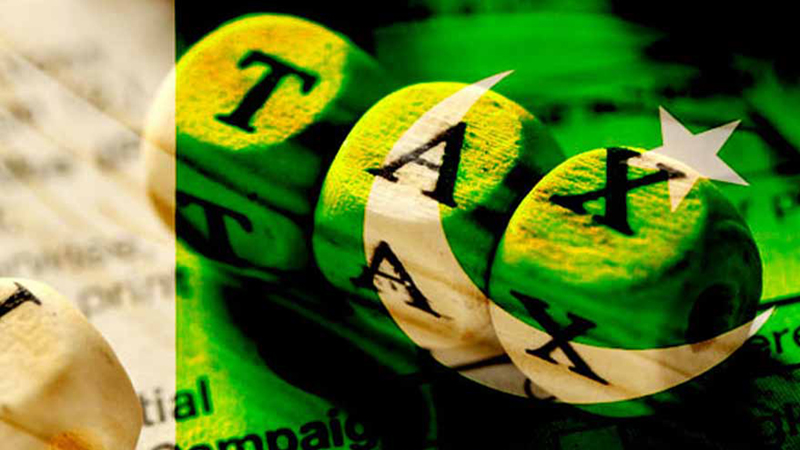Zafar Iqbal
Pakistan’s taxation system is under severe scrutiny once again after the World Bank deferred an additional $70 million in credit for the Pakistan Raises Revenue (PRR) project. This delay is more than just a financial obstacle—it’s a direct reflection of Pakistan’s flawed fiscal structure. According to official documentation and World Bank analysis, the country’s tax system is not only inefficient but also regressive. It fails to generate adequate revenue, distorts the economy, and burdens the poor disproportionately while sparing the wealthy.
A key issue lies in Pakistan’s overreliance on indirect taxes. Instead of targeting income and wealth, the government taxes consumption—meaning the same tax applies whether someone is a billionaire or earns minimum wage. This approach severely disadvantages the poor, who spend a larger proportion of their income on basic goods. Even many direct taxes in Pakistan function like indirect ones because they are collected at source—such as import stages or utility bills—and these costs are often passed down to consumers, further intensifying the economic burden on low-income households.
Official data shows that over 60% of GST collected from FY2019 to FY2024 came from the import stage. A significant portion of direct taxes are also collected this way. Formal businesses may adjust these against their income taxes, but most informal sector players simply add these taxes to the final retail price. The end result is that the consumer—usually the poorest in the chain—pays more. These systemic inefficiencies drive up the cost of domestic goods and weaken the competitiveness of Pakistani products, especially when compared to global markets.
Pakistan’s stagnant export performance is another consequence of this flawed system. The country has failed to diversify its export base, in part because inefficiencies are priced into local goods. Large exporters with access to the Federal Board of Revenue (FBR) and Prime Minister’s Office (PMO) often receive timely tax refunds, while small or new exporters struggle with bureaucratic hurdles. These delays undermine trust and discourage new entrants into export markets, perpetuating a cycle of inefficiency and underperformance.
The injustice becomes more visible when examining the cost of living. Essential goods such as milk are taxed at some of the highest GST rates in the world. The government’s imposition of Super Tax on corporations, especially in fast-moving consumer goods (FMCG), has also been transferred to end-users. While company profits remain stable or even rise, the public faces higher prices. This shift of tax burden from business to consumer contributes to persistent inflation, which in turn drives up poverty levels. Today, nearly 44% of Pakistan’s population is estimated to live below the poverty line.
At the same time, wealthier citizens and large corporations remain undertaxed. They benefit from loopholes, tariff protections, and lax enforcement. This allows them to maintain or grow their wealth while the average Pakistani struggles to afford basic necessities. The growing gap between rich and poor is a direct result of fiscal policies that favor capital over labor and privilege over need.
Meaningful change requires structural tax reform. Pakistan must reduce its dependency on indirect taxes and instead prioritize equitable taxation. All sources of income—whether from agriculture, business, or capital gains—should be taxed uniformly. Corporate income tax rates need to be lowered to stimulate investment and compliance, and GST must be reduced to ease pressure on consumers. However, none of these goals are achievable without political will. Vested interests continue to shape policy in a way that protects the status quo.
The upcoming fiscal year 2025-26 budget presents a critical opportunity. With inflation cooling, global commodity prices declining, and a slight improvement in public sentiment, this is the right time to act. The government should use this window to push for long-overdue tax reforms. Pakistan’s economy cannot grow while its tax system remains so fundamentally unjust. Rebuilding public trust and promoting economic fairness requires bold decisions—not temporary fixes.
















